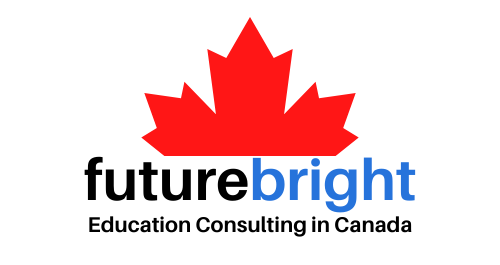When it comes to private school admissions, the process is about more than just grades. Top private schools seek to understand the whole student, combining academic achievements and with personality and character traits. This multi-faceted approach ensures your child is not only capable of succeeding academically but also fits well within the school’s community and ethos.
Speaking from our experience with Canada’s top private boarding schools and private day schools, here’s a summary of the processes they use to select students:
1. Academic Tests: Math and Language Skills
A major aspect of the evaluation process in private schools involves assessing a student’s academic skills, particularly in math and language. Standardized tests like the Secondary School Admission Test (SSAT) are commonly used in Canada and the USA. The SSAT measures verbal, quantitative (math), and reading skills, providing a standardized metric to compare applicants from various educational backgrounds.
Some private schools develop their tests to assess specific skills relevant to their curriculum. These tests often focus on problem-solving abilities, critical thinking, and the application of knowledge, going beyond what is typically measured in standardized tests. They provide a more personalized view of a student’s academic abilities, tailored to the school’s unique academic environment.
2. Language Tests for International Students
For students from non-English speaking countries, demonstrating proficiency in English is crucial.
Schools commonly rely on tests such as the Test of English as a Foreign Language (TOEFL), the International English Language Testing System (IELTS), or the more recent Duolingo English Test.
These tests assess reading, writing, listening, and speaking skills, so that the student can comfortably participate in an English-medium educational setting.
TOEFL (Test of English as a Foreign Language)
- Purpose: Measures English language proficiency for non-native speakers.
- Structure: Includes reading, writing, listening, and speaking sections.
- Usage: Widely accepted by schools in English-speaking countries for international students.
IELTS (International English Language Testing System)
- Purpose: Assesses English language skills for education, immigration, and professional accreditation.
- Structure: Consists of listening, reading, writing, and speaking tests.
- Usage: Recognized globally, particularly in the UK, Australia, Canada, and New Zealand.
DET (Duolingo English Test)
- Purpose: Tests English language proficiency through a computer software platform, brought to you by the popular language-learning app Duolingo.
- Structure: Integrates language certification with a flexible, digital testing experience.
- Usage: Increasingly accepted by schools as a convenient and tech-friendly alternative to traditional language tests.
These scores give admissions committees a sense of how well your child will adapt to the classroom environment and manage coursework in English.
3. Personality Tests: Character Skills Snapshot and Interviews
Moving beyond academic capabilities, private schools place significant emphasis on a student’s personality and character traits.
A popular tool for this is the Character Skills Snapshot. Created by the makers of the SSAT, the Character Skills Snapshot assessment provides insights into a student’s interpersonal and intrapersonal skills, such as resilience, teamwork, empathy, and ethics. This information is crucial for schools aiming to build a well-rounded, diverse student body.
Personal interviews are another critical component of the evaluation process. They offer your child a platform to showcase their unique personalities, interests, and life experiences. These interviews are not just about gauging verbal skills; they allow admissions committees to observe a student’s confidence, curiosity, and ability to interact in a one-on-one setting. This interaction helps in assessing whether the student’s character aligns with the school’s values and culture.
At boarding schools and private day schools, student culture is one of the most important parts of the experience. Students interact and bond in intimate tight-knit friendships. Yet it doesn’t end there. They pursue their education with vigour.
Private schools celebrate advanced learning, real-world skills development, and collaboration in specialized subjects with the facilities to do so. By collaborating with similarly interested students, skills with attitude become part of their day-to-day social and personal life. Likewise, attitude trickles down into their career. They wouldn’t otherwise get these opportunities in a public school system.
Think on the flipside: What happens if one or more students in a group weren’t interested or disciplined in the subject they enrolled in? The overall learning culture would suffer. That’s why elite private schools look for that complex, important quality: character.
Conclusion
As you’ve just read, the admissions processes at top private schools are thorough and multi-dimensional. It encompasses not only academic strengths through tests like the SSAT and language proficiency exams like TOEFL, but also evaluates your child for personality and character through the Character Skills Snapshot and personal interviews.
We’ve been inside Canada’s top private schools and have seen this holistic approach play out. It ensures that every student who’s selected is not only academically competent, but they also align well with the school’s ethos and community. This creates win-win for both the student and the school.
Not every private school is for everyone. Every student has different needs, and at FutureBright Canada, we’ve matched many international students with their “Best Fit” private boarding school in Canada with an intimate and personalized service (read reviews from students & parents!). As part of our services, students become more prepared for the admissions process.
Request a 1-on-1 Zoom consultation here to see if you qualify to work with an Educational Consultant.

Recent Comments